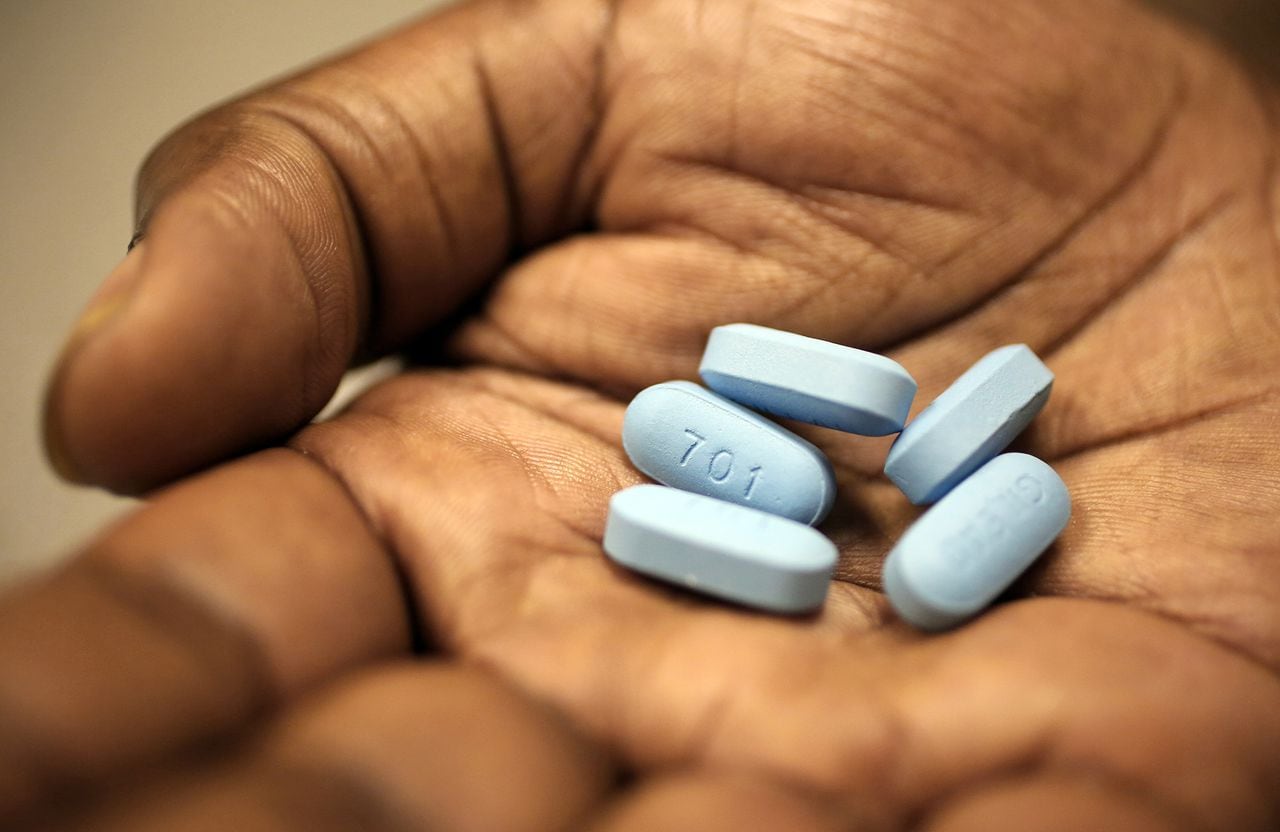Stigma a barrier to lifesaving HIV drug in Alabama, study finds
Many women in Alabama who could benefit from taking a drug to prevent HIV are not doing so either because of stigma or because they don’t realize the pill exists, according to a new study.
The medication, PrEP was approved by the FDA in 2012 to help prevent the spread of HIV and it has become a key tool in a global movement to end the spread of HIV, according to Dr. Latesha Elopre, a UAB professor of infectious diseases and co-author of the study.
“These specific women in these interviews… said things like, ‘I would never want to take PrEP because PrEP is associated with sex, is associated with HIV, and I don’t want people to think I’m promiscuous. I don’t want people to think that I have HIV,’” she said the women told her.
Black women in Alabama are eight times more likely to get HIV than white women, according to the study, and the deep South region has the lowest PrEP uptake in the country. Black women make up 67 percent of all new diagnoses among women in the Southeast, the study reported.
Dr. Elopre said the goal of the study was to learn why many women are not taking the drugs.
The study created six focus groups, one for each of the six counties with the highest HIV incident rates in Alabama, including four rural and two urban counties. The participants were 47 Black women, the majority of whom were not in a committed relationship and had an annual household income of less than $30,000.
Access to health insurance, providers and transportation was found to be a barrier to some women accessing the drug, even though a prescription itself is only four dollars.
Dr. Elopre said the drug can be a source of empowerment for women to not depend on their partners to use a condom to prevent transmitting HIV.
Stigma around the use of the drugs was the biggest barrier that the women reported to the researchers. The study also reported a general mistrust of health providers among Black women in Alabama.
The study suggested that more community education about PrEP would be necessary to overcome stigma.
Many of the Black women she spoke to did not know what PrEP was, said Dr. Elopre, despite the fact that it has been available for over a decade. She said some of the women were shocked when they heard such a medication existed.
“If you were to look specifically just among black populations,” she said, “we have some of the highest unmet need within our state among all of the states, among people who are black, who likely would benefit from being on PrEP but are not receiving it.”
